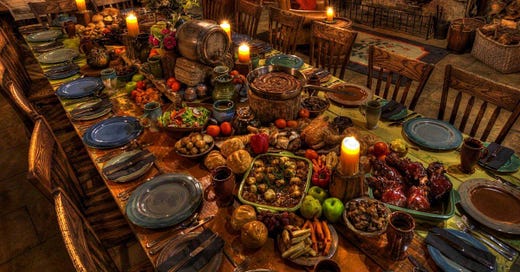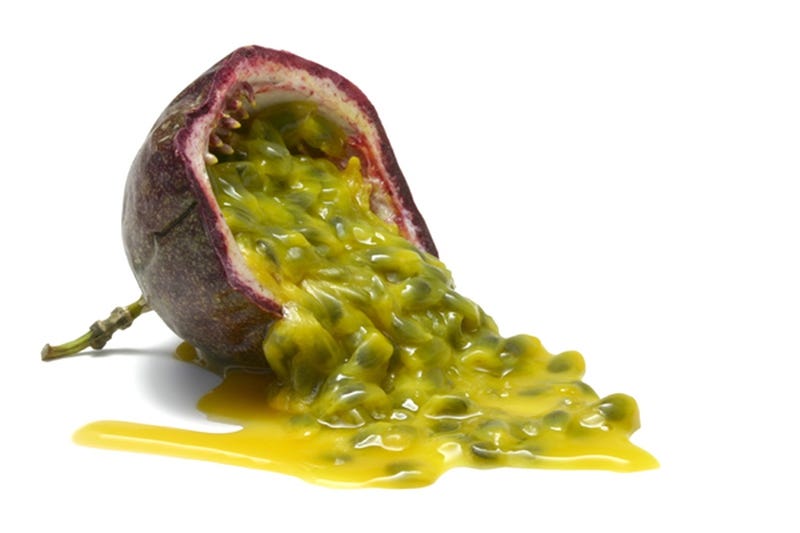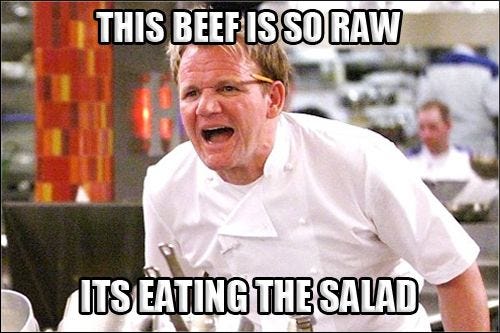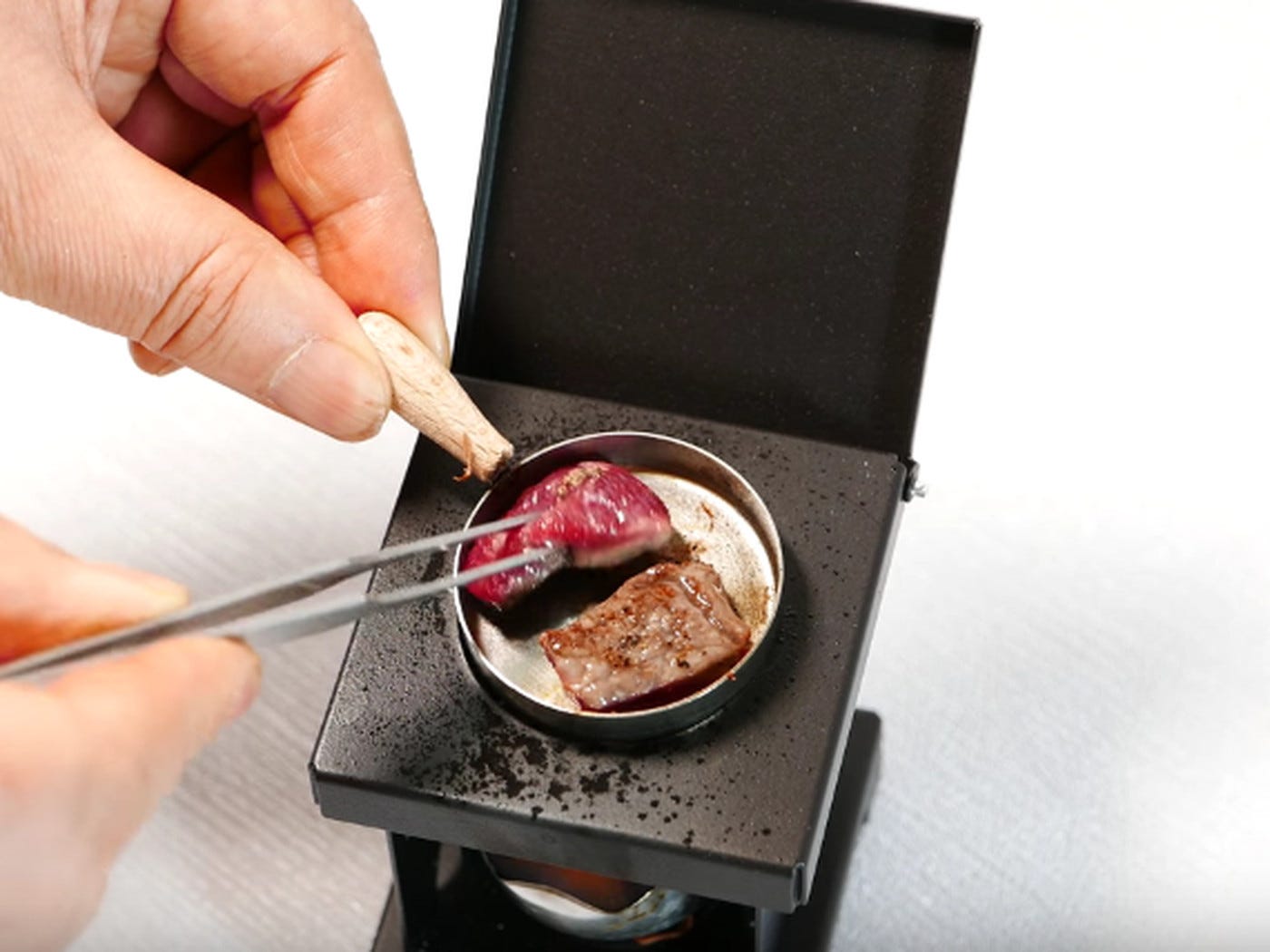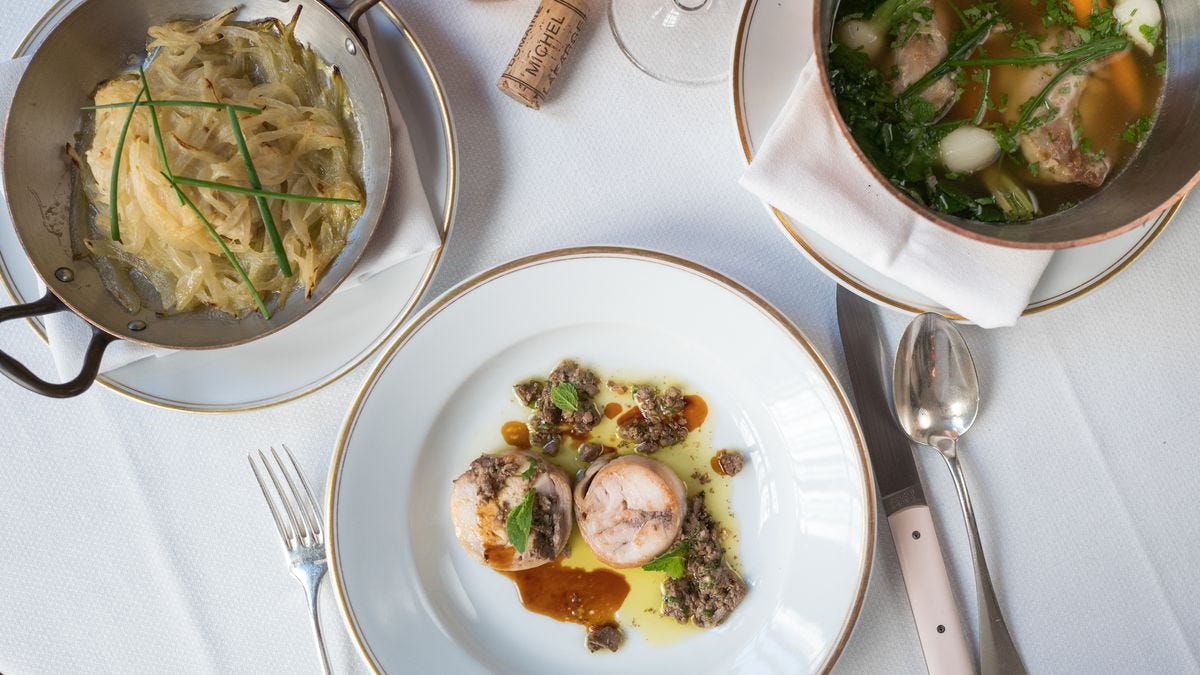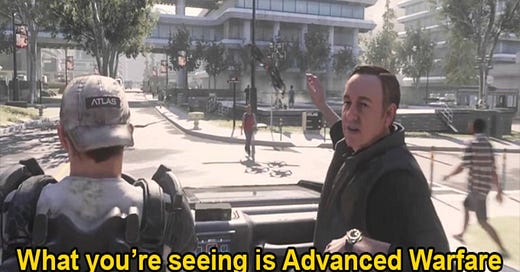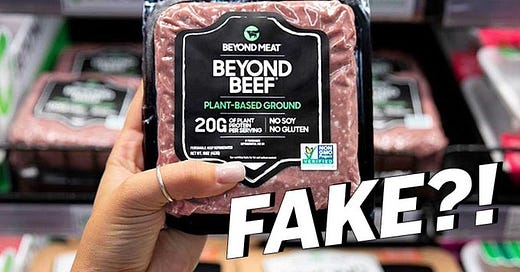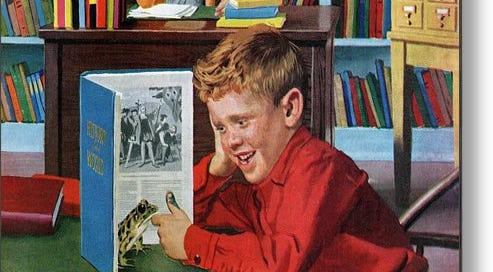
Books as Food to Nourish the Mind
A discussion of how Characters, Setting, and Exposition blend to make a meal
I was having a conversation with T.R. Hudson today, author of Automaton, which I recently reviewed. I was discussing a point I liked about his book, that most of the exposition and worldbuilding is handled by the minor characters. Most stories use the monologue of the POV character or narrative exposition that chews the scenery.
Hudson said “When someone talks about writing for "world building" I always think they're going for style over substance” which I agree with. We discussed the importance of the characters over the setting, with both of us agreeing that Let Them Look West by Marty Phillips was a class act of an example of not letting the setting intrude on expert character writing.
I remarked that if books were food, the characters are the taste of the dish, but the plot and setting are the presentation. If a dish tastes good but looks gross (vivid characters but a poorly communicated setting, or one that is not coherent or interesting) the chances of someone wanting to eat it are less.
Passion fruit tastes good, but looks rather gross.
Likewise a dish that has beautiful presentation with beautiful garnish and the finest china that is undercooked and raw, is likely not going to merit a second look. You might not even finish the meal and certainly don’t want to go back to that restaurant!
That being said, a good meal doesn’t have to be the best thing you’ve ever tasted with the most attractive presentation. Most of the time pretty good is good enough to be satisfying. But there is also something to be said for portioning. The tastiest crumb in the world with the most beautiful presentation will leave most people still starving, but overabundance leads to a lack of appreciation for the cook.
What is this? A story for ants?!
What I mean by this is that there is a balance to be struck that I am finding to be a sort of “golden mean” in fiction. In The Turquoise Serpent one of my remarks was about how there was just enough world building for you to be able to visualize the setting and begin to understand it. An extremely compelling setting, the sparseness of the exposition and overall world building left me just above having hunger pangs.
This is a very good thing I am finding, as a reader. I am very invested in stories that keep you teetering between “I could eat.” and hunger pangs. I’m finding that I enjoy when a story leaves me curious and wanting to know more. It motivates me to keep turning the page, and to really appreciate and pay attention to world building dialogue as I run into it. I savor it because I am not full.
But the opposite of hunger is to be overly satiated, which we all know inspires feelings of boredom, sloth, and fatigue. The same goes for stories that chew the scenery too much, or when exposition by the characters is used so much that it begins to feel fourth wall breaking.
In conclusion, I encourage current and aspiring writers to consider this concept. The reader will eat whatever you put in front of them until they decide they are done. Do they finish the meal and smile contentedly when they’ve finished reading? Do they stop halfway through and go somewhere else, grimacing in disgust?
The best novels are like French cuisine. The presentation is beautiful, using fine china, a pleasing garnish, and favorable texture. The taste is exquisite and engaging enough to make that moment into a memory of a taste you can recall for years. And the portion is large enough to be satisfying, but not so large that you don’t have room for another meal, dessert!

